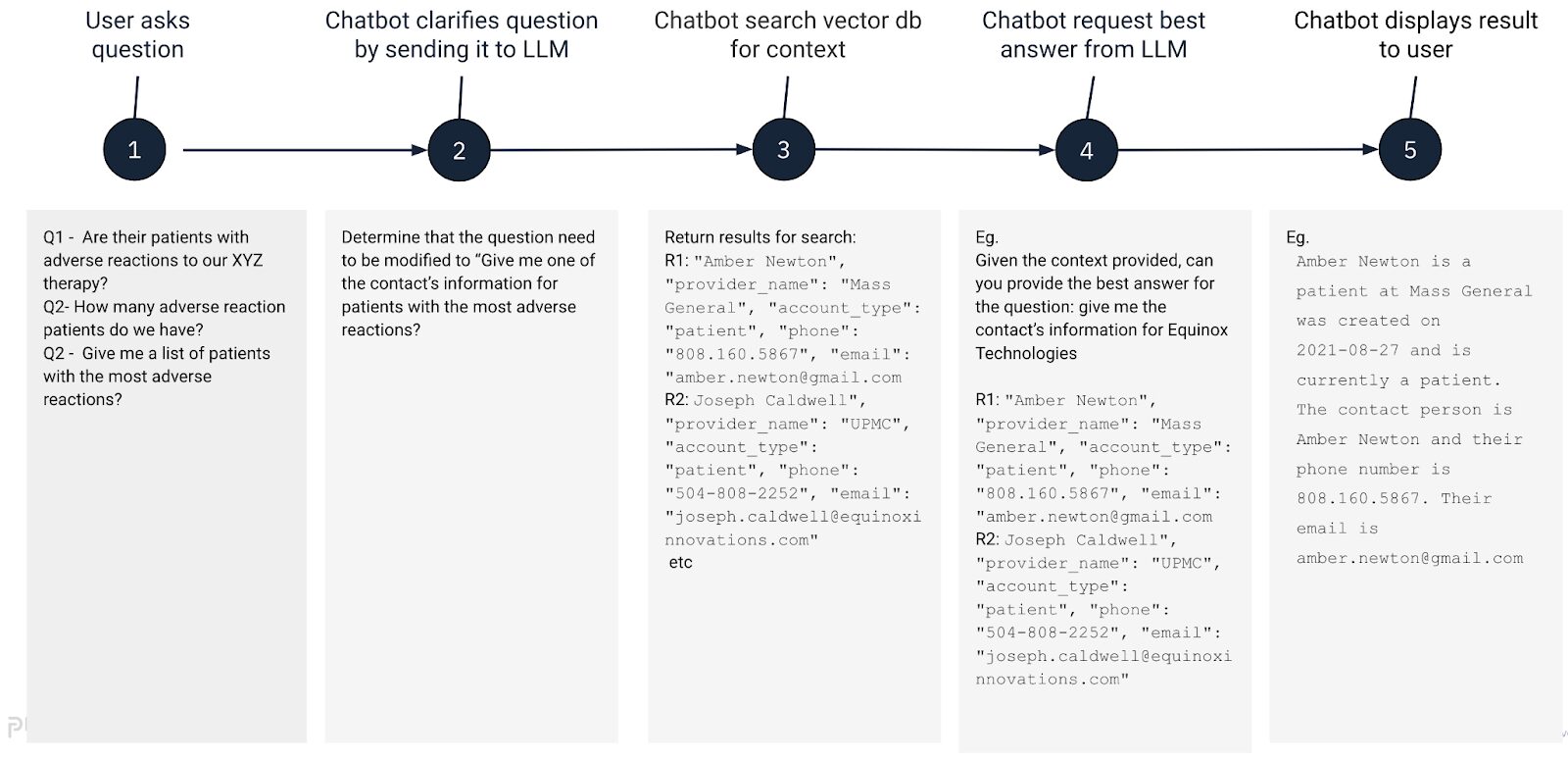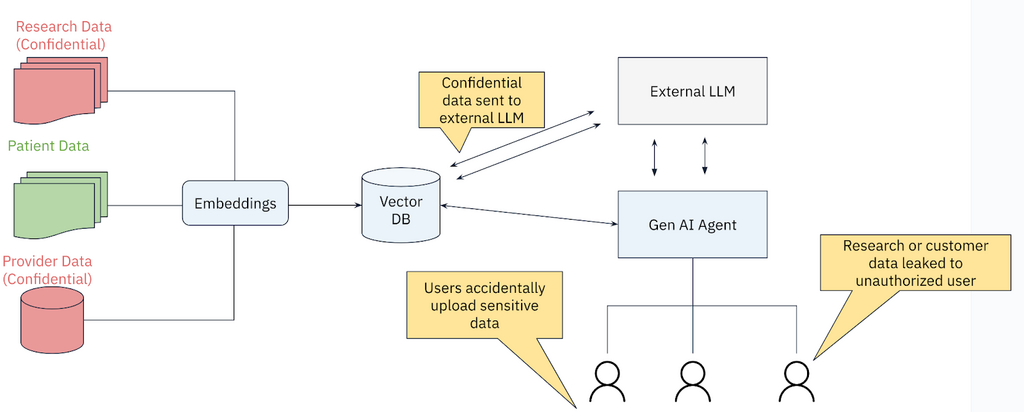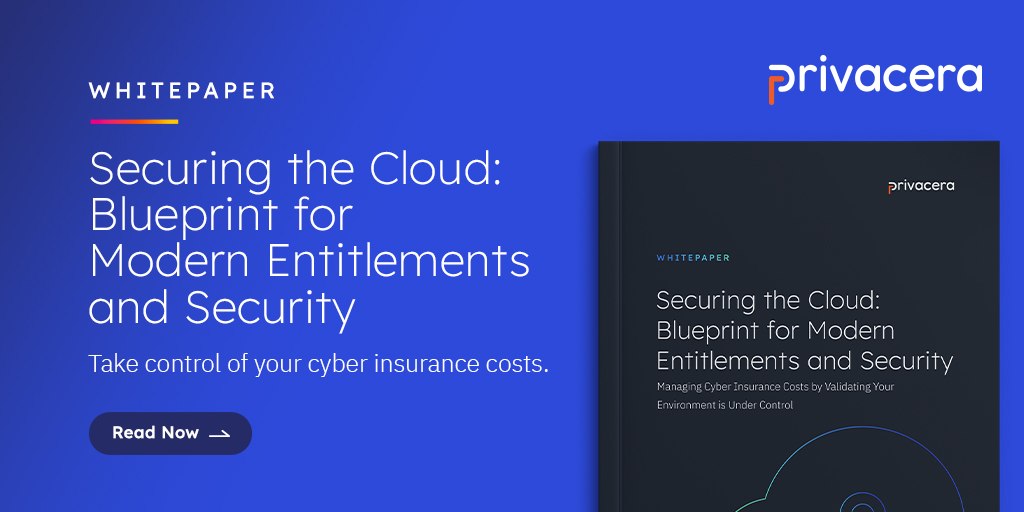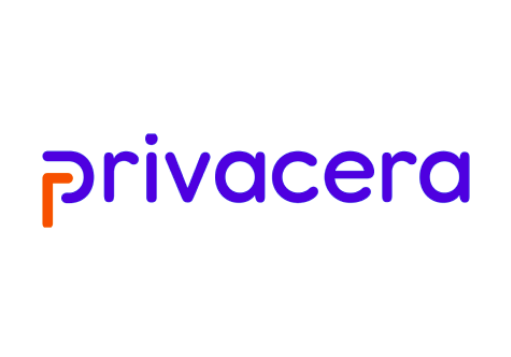As Privacera ventured into AI Governance, the next logical market for our technologies, my question as CEO was what organizations would be the early adopters for GenAI and need more immediately to ensure the security and privacy of the data that they run through these models? In other words, who needed GenAI security today rather than after several phases of experimentation and prototyping? According to market analysts, only 10% of companies are in production with GenAI.
Fortunately, we learned a lot from our interactions with customers and prospects. It turned out that one of the early adopter market segments is life sciences and pharmaceutical organizations. These businesses, as Geoffrey Moore discusses in “Crossing the Chasm,” are keenly aware of the potential benefits of this technology. In their case, the awareness is for handling and analyzing the massive volumes of unstructured textual data that they collect.
The opportunity is to apply GenAI to data documenting patient interactions with new drugs or therapies. Specifically, these organizations want to apply GenAI to the rich, unstructured data from the drug trial process. Applying GenAI to this data streamlines analysis and enhances researcher efficiency and provides faster access to vital information. It also enables more people into use this data because GenAI’s ability to synthesize conclusions from what was historically raw data without specialized tool sets for analysis.
The automation capabilities of GenAI not only streamline analysis but also to provide rapid access to vital information, supporting better decision-making processes. However, the challenge lies in handling the sensitive nature of this data while harnessing the productivity and analytical benefits of automation. Integrating GenAI into these processes comes with security and privacy challenges due to the nature of the data collected, which includes protected health information (PHI). The task is to leverage GenAI for improved productivity and ensuring the secure and compliant management for this sensitive data to be loaded with GenAI.
This is where Privacera represents a solution. Privacera taps into the early adopter market by securing the data held within vector databases used for analysis. As you can see below, significant and private information can flow through a GenAI interaction. And this includes information that is housed in the GenAI storage mechanism, the Vector database.

As shown above, personal information is captured by the GenAI system. In a request and return of information, different personnel only should have access to portions of the information. Below you can see the risks.

For example, Ms Jones, the study coordinator, should have access to everything because they are the patient’s primary point of contact. Meanwhile, Doctor Pretzer who is the investigator should have access only to the details and the patient number. Beyond this, other information should be masked. And executives, for example, should have access only to aggregate information. Patient number, etc. should be masked.
Privacera AI Governance Application To Pharmaceutical and Life Science
Privacera’s AI Governance solution provides governance and controls for pharmaceutical and life science data connecting to GenAI systems. Honestly, we were fortunate to have a significant life science company approach Privacera with their business challenge for this specific use case. They wanted to leverage GenAI for identifying critical patterns, such as the ‘purple toes’ phenomenon—a serious adverse drug reaction, without compromising the sensitive personal data entwined within patient records.
This company’s endeavor needed to ensure the ethical handling of patient data. The solution involved creating a method to securely transfer customer data collected in source systems (Sharepoint and Confluence) and move controls from these into GenAI, specifically the data housed within a vector database. Here, Privacera converted complex access lists into attribute properties from source systems and maintained the integrity and confidentiality of the patient information. This act enabled this life science company to safely employ GenAI, paving the way to alert patients and drug researchers on issues and opportunities with new therapies, all while upholding stringent data governance standards.
Privacera addressed this by leveraging attribute properties to determine documents accessible as context in the AI chatbot responses, ensuring that users only interact with data they have authorized access to. So how does this work? To review how information is created by a GenAI system and stored in a vector database please review this article.
The storage medium is the Vector database needs access and privacy controls that are finely tuned, supported by real-time content scanning and fine-grained authorization to meet regulatory standards. This should be managed by applying to the vector database access through user and group permissions that existed in source systems. This detailed control should extend to metadata filtering, offering a nuanced access mechanism that aligns with organizational and compliance demands.
Privacare’s solution created fine-grained data access and privacy controls for vector databases and embeddings, transforming your GenAI application security, privacy, and compliance from brick to a titanium firewall for your GenAI applications. Privacera accomplishes this via the following mechanisms: All access and policies applicable on the source systems is retained and replicated into the vector database. To do this, Privacera applied user/group permissions where vector databases contain sensitive information only users with clearance can access. Additionally, fine-grained authorization can be implemented to comply with regulatory requirements. Privacera enables enforcement of policies based upon real-time content scanning.
During retrieval, the Privacera’s Solution filtered results, returning only data chunks the user or group has permissions and entitlements to access. This ensures users receive only appropriate information, but also limits the amount of data processed and returned. To work, administrators create user and group-level policies for Vector database collections. As data chunks are imported, they are tagged with appropriate classifications. Privacera then manages the tags accessible for individual users, either directly or through group memberships. This determines which data chunks should be accessible when querying through a GenAI application.
Fine-grained metadata filtering takes this a step further by adding a layer of specificity based on the values within each tag. This enables policies based on metadata values. It also allows for nuanced access control that can be tailored to organizational needs and compliance requirements.
Parting Words
Privacera is addressing the urgent need for robust AI Governance in the life sciences and pharmaceutical industries by facilitating secure integration of GenAI with existing source data systems. Privacera’s solution empowers the harnessing of GenAI for enhancing data analysis, particularly in experiment documentation, while rigorously safeguarding sensitive data. By implementing advanced access controls and real-time data protection mechanisms, Privacera ensures that only authorized users can access sensitive information, aligning with stringent compliance standards. This strategic approach not only maximizes the efficiency and utility of GenAI applications but also fortifies the data privacy and security infrastructure, marking a significant step forward in the responsible adoption of AI technologies in critical sectors.





